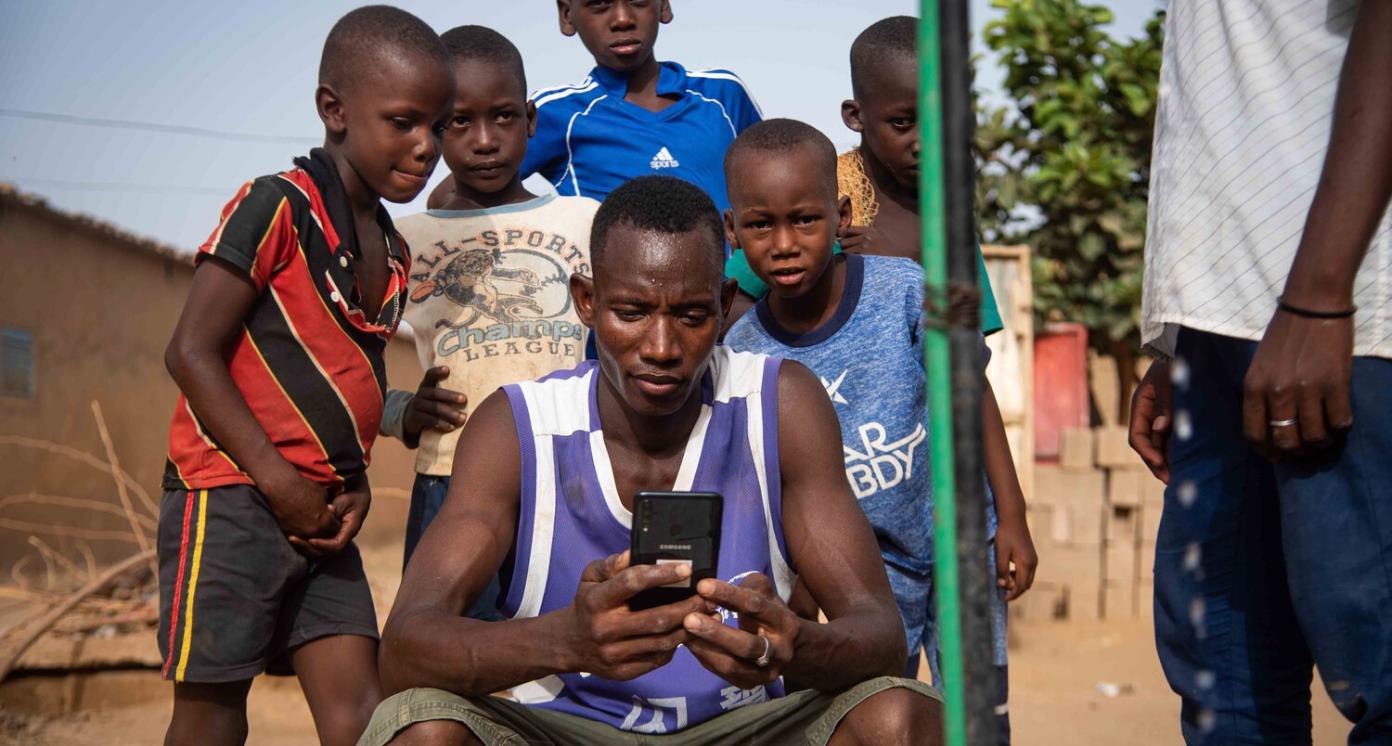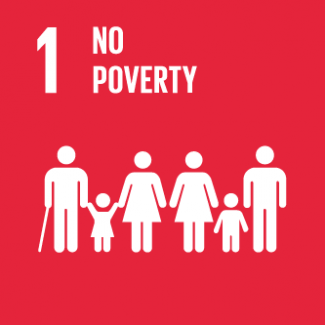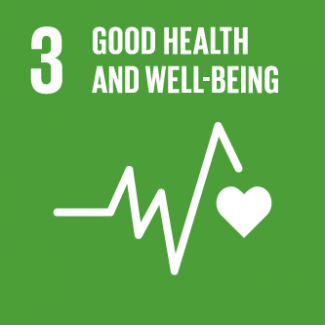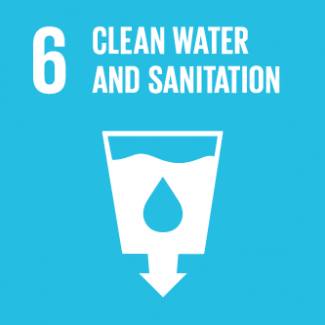Some 3 in 10 people worldwide, or 2.1 billion, lack access to safe, readily available water at home (WHO, 2017). Globally, an estimated 50-60% of water utility subscribers cannot pay their monthly bills and face disconnection due to being behind on payments, which results in a 25% disconnection rate. Disconnected urban residents turn to unreliable and low-quality substitutes, including public water points, delivery services, and chlorine pills, which are almost always significantly more expensive than reliable utility piped water. Meanwhile, water providers lose significant proportions of the water produced because they do not have the data and capacities to optimize operations.
To resolve these challenges, CityTaps has developed CTSuite, the only ay-As-They-Go (PAYGO) smart metering solution, which allows subscribers to PAYGO for at-home water. Subscribers benefit from CTSuite’s flexible, transparent, and convenient PAYGO system, as they are able to make payments from any phone, at any time, and for any amount that suits their financial situation. The solution, complemented with an integrated software management system, also helps utilities considerably improve their cash flow and balance sheets. By partnering with CityTaps, water utilities can serve their customers more efficiently, expand coverage whilst also reducing Non-Revenue Water. This means that utilities can then access new sources of financing for their capital projects as they improve their creditworthiness. They can use their subscribers' fully digital and traceable payments as collateral for commercial loans. When subscribers prepay digitally for their water, revenue is routed directly to repay investors, providing a digital ring-fence around the financing, and eliminating counterparty risk.
CityTaps was established in 2015 and started its operations in Niger through pilots supported through the GSMA Foundations. Since then, with help from investors, CityTaps has been able to scale and replicate the business model in Burkina Faso, Senegal, Kenya, Rwanda, Ecuador, Namibia, and Singapore, which has provided over 20,000 people with improved access to clean water sources.
With a target investment of two million Euros in equity, CityTaps seeks to connect over 400,000 low-income people in urban Kenya, Uganda, Niger, Burkina Faso, Senegal, Zambia, Namibia and Rwanda by 2023.
This case study is sourced through the UNDP Business Call to Action (BCtA), whose members are confirmed to engage low-income people in core business, be commercially viable, be built for scale and to advance the SDGs, and are guided by the BCtA Code of Conduct. Learn more about the case study on the enterprise’s BCtA membership site.




















